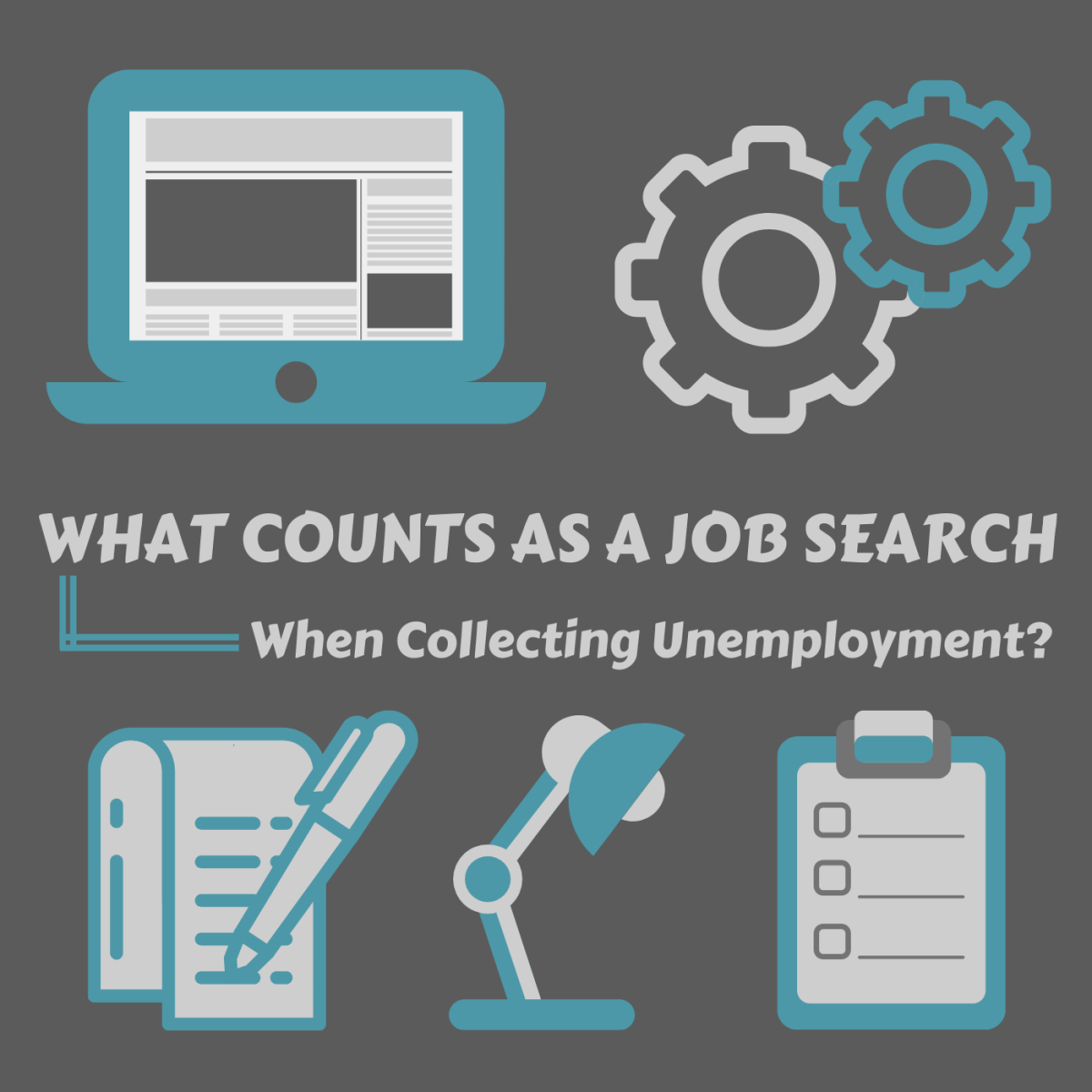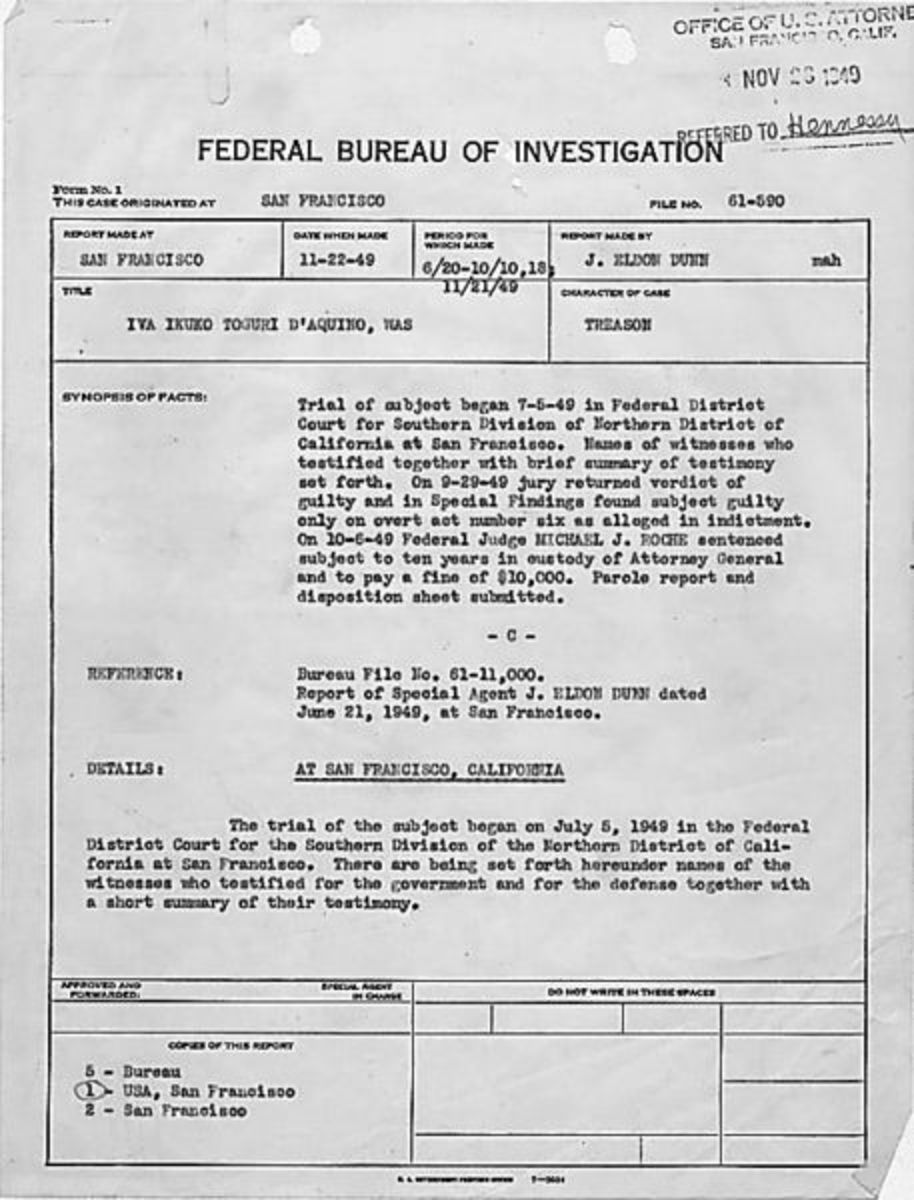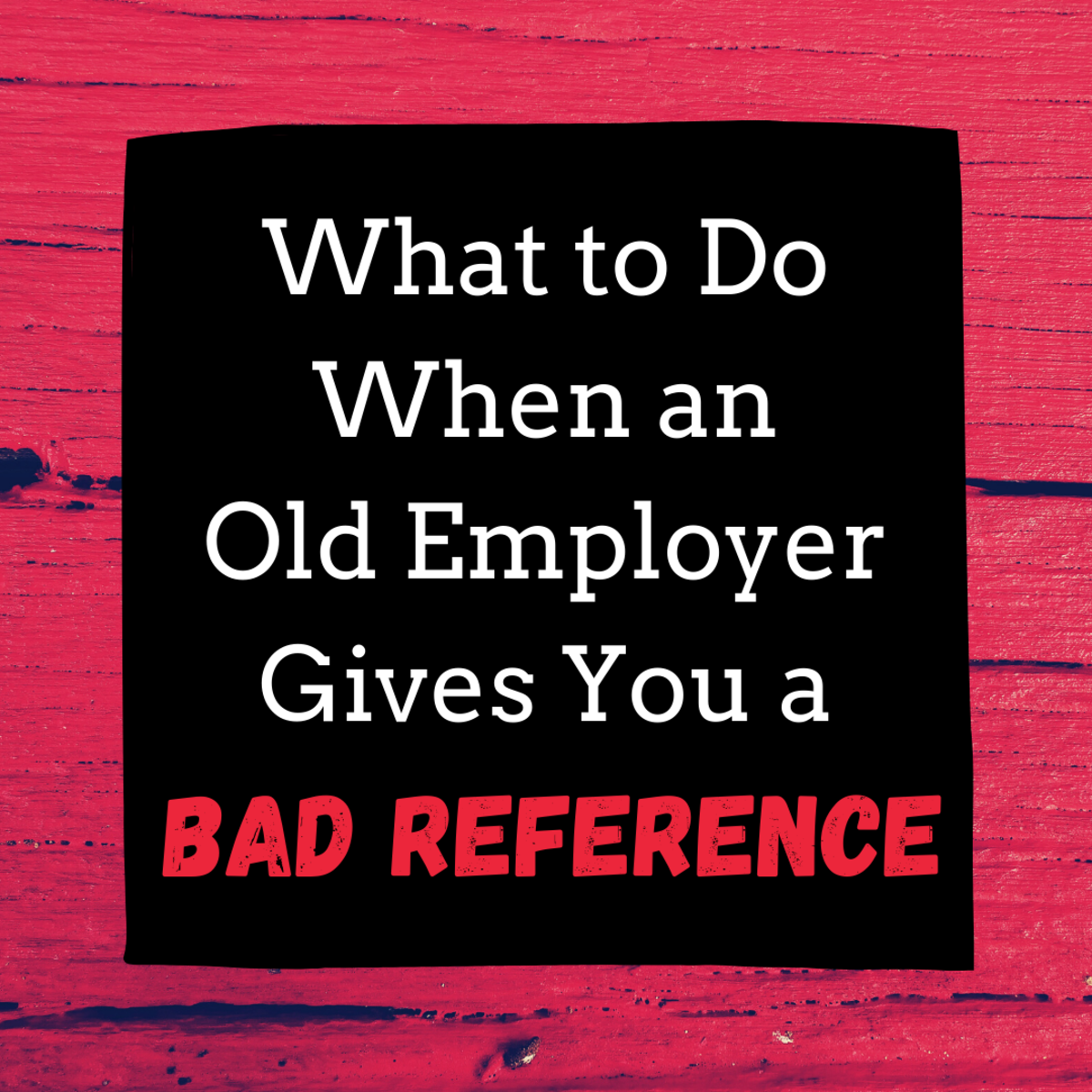The Talent War
Hiring the best talent is a common dilemma faced by most recruiters. On the other hand, we have numerous job seekers trying to find the right opportunity. There is a middle ground for both concerned parties and this article keenly explores it.

Background
We live in an environment where the average cost of a new hire is at an ever-highest $4000 (Officevibe). This leads to the important question "How do you obtain premium resource and go about retaining it?" Rare job vacancies and abundance of prospective talent make the 'right fit' difficult to achieve. From an operational perspective, few of us have the luxury to differentiate between Baby boomers, Generation Y & Z and yet these factors play an integral part in finding the right talent and ensuring stable employment. Over the years; several job aspirants have reached out to me and I am sure that those with corporate experience face the same scenario.
In this situation what can recruiters do and ultimately how do you win the talent war by achieving mutually beneficial outcomes? The main points are as follows:
1) Create a good team
Our culture and society are branded with the concept of ‘Hero or savior.’ We face the same challenges in sporting and political arenas and are yet to find the complete solution. When we look at major organizations, we think about Steve Jobs, Jeff Bezos or Bill Gates. However, we forget that without a capable team, (right people in the right job) the results would have been exponentially harder to achieve. Therefore, defining goals and objectives and then finding the right people to achieve them is an understated necessity.
2) Don’t wait for the perfect fit
Let’s say you are hiring for a Financial role and the candidate checks 8 of the 10 boxes. However, the drive to obtain the best talent makes you opt for 5 extra interviews. Even if the perfect candidate is accessible, he/she may end up leaving within 6 months of appointment, making you start again from scratch. Therefore, try to look for the best fit and keep corporate culture, job requirements and package offers in your mind. Sometimes, it's better to go with your intuition and give someone a chance if he/she possesses the right attitude.
3) Look for honest candidates
Numerous interviews are staged around the idea that the interviewer wants to hear certain things from the candidate e.g. willingness to work late hours, intensive traveling, technical jargon etc. However, when the same candidate comes on board he/she is hesitant when faced with such requirements. In such situations, keep an eye out for the candidate who is candid from the start and clearly outlines his expectations. This may not be what the interviewer wants to hear, but at least he’s being realistic and at the end, both sides have realistic (not idealistic) expectations about the job role.
4) Clarify the job profile
There are too many cases where candidates are applying randomly on every job vacancy and may come unprepared to the job interview. Spending a few moments to clarify the job requirements may help in uncovering the right talent and getting the interview on the right track. A contrary approach may lead to time-wasting interviews, whereby both parties suffer.
Its beneficial to be on the lookout for candidates who have queries about role requirements and can relate his/her experience to them. Prospective candidates simply interested in the package will probably not deliver according to expectations.
5) Refine (practically means lower) your candidate expectations
Numerous job ads start with 5-6 or 10-15 years of experience and some end up offering a disproportionate package, therefore, inviting jokes at their expense. Not every job requires an experienced Einstein and I have faced several situations when a lesser experienced candidate filled the shoes of a highly experienced one. Of course, this requires careful selection and mentoring otherwise what is the use of Leaders. Hence, the hint is to avoid automatic selection of ripe fruit as the expiry date may be fast approaching.
Conclusion
Job trends are ever-changing and both job-seekers and recruiters should consciously stay abreast of the latest developments. An example is a changing perception about Performance appraisal as Forbes states that 28% of Generation Z and 17% Millennials reported receiving feedback on daily basis instead of the annual cycle.
Telecommuting and the rise of the freelancing workforce present a different work environment and established norms are steadily changing. The ideal job-seeker would be apprised of these facts and engaged in constantly developing his/her skills set to match emerging opportunities.
Do you know that 39.9% recruiters consult Referral programs and 21.2% focus on Career sites.
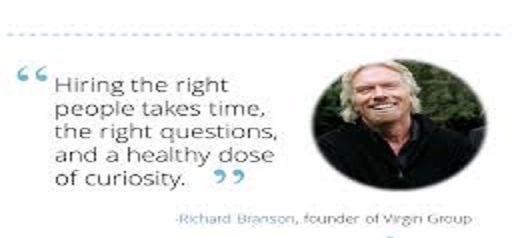
During a decade-long career in Audit/Finance, I have interviewed 400 candidates for 50 plus corporate positions. Significant time and effort are spent on the hiring process and I felt that by refining the process we can achieve effective and efficient outcomes.
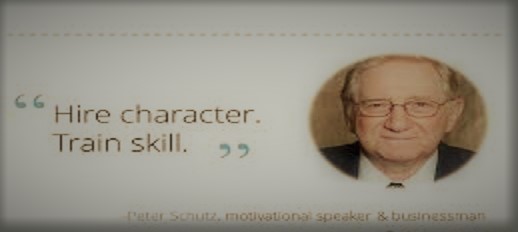
© 2019 Mahmood Anwar


